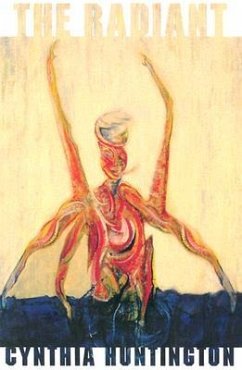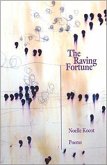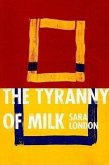In Cynthia Huntington's The Radiant, what is most tragic can, and often does, become beautiful. "What/ is memory? Who stays to mourn?/ It seems we feel so much/ and then we die. The marsh hawk/ veers over the grass, listening." Poems about Multiple Sclerosis and domestic turmoil are never drowned in the rhetoric of complaint, but seized by language that is intense yet seeks the equilibrium of its own level: "His loneliness is cold water. that makes rocks shine. Great stillness/ where he is. Then, slowly, birds." The poems in The Radiant flow brutally from a scarred heart, from "what grows hard, and cannot be repaired." But in the end these are prayers of thankfulness, prayers that transcend desire: ." . . we belong here, where no one is refused, / in the room we come to at last--immortal, / irreparable, beyond hope."
Hinweis: Dieser Artikel kann nur an eine deutsche Lieferadresse ausgeliefert werden.
Hinweis: Dieser Artikel kann nur an eine deutsche Lieferadresse ausgeliefert werden.








